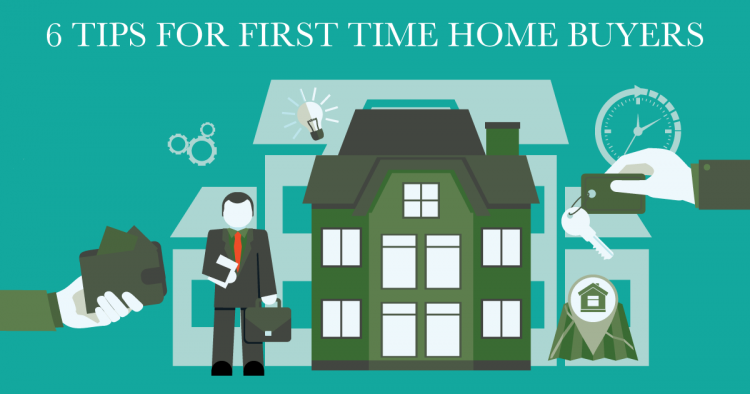
6 Tips for First-Time Home Buyers
If you’re buying a house for the first time, you probably have to wait and plan your steps early on before doing anything. The reason why we’re telling you this is because there are several factors that you need to consider before you can purchase a house for yourself. Some of those things include affordability, target price, and the kind of down payment that you’re looking to pay.
As a matter of fact, there are several steps in this article that people should consider before buying their first house. We’ve even included a list of mistakes to avoid that would not only be costly but also ruin their chances of getting a house altogether.
To start on the right track, here’s a list of the most carefully thought-out tips for first time home buyers:
1. Hire An Agent
This is more of an option since you don’t really need an agent to inspect a house that you see listed online. However, hiring an agent can save you the trouble and the time on a lot of things such as:
● Agents usually know about the next upcoming listings that haven’t made it into the market yet.
● Agents can share listings from MLS that are more suitable to your preferences.
● Agents can check out the house for you and save you all the trouble running around and inspecting houses left and right
● Agents can detect overpriced listings and provide you with more suitable alternatives.
If you want a good start in knowing how to buy your first home, a reliable and proven real estate agent is a wise option to consider.
2. Research Online
If you’re not comfortable entrusting a real estate agent, you can always do some convenient window shopping online. You can try looking up several online sites like Redfin and Zillow, which lists almost every specification of a home from the number of rooms, to the number of bathrooms, annual taxes, nature parking, and the type of heating. What’s more, you’ll find both external and internal photos of homes in virtually every online real estate site.
Another fascinating website that offers plenty of great options for first-time homeowners in Ontario is Paradise Developments
3. Build An Emergency Saving And Pay Off Every Debt
Homes can be quite costly. Apart from the price you pay for buying a house, the total cost of ownership is even more. Other costs that you must consider include taxes, homeowners insurance, roof leak repair, HOA fees, AC repair, and various upkeep and maintenance costs. And then there’s the possible additional headache of any pending debts that you need to take care of. From a bird’s-eye view, owning a home is much more expensive than renting.
To make the transition much more comfortable, you’ll need to ensure that you are completely debt-free as well as establish an emergency fund with over 3 to 6 months’ worth of income.
4. Establish A Budget And Stick With It
Even if you end up finding the house of your dreams, but don’t have the budget for it, you’ll end up being really disappointed. So to spare yourself of that heartache, you need to draw up a hard budget to determine if you can really afford a certain house. Figure out your ideal price range.
To give you a clearer picture, we suggest using an online mortgage calculator. This will help determine the most appropriate monthly payment that you can afford for a particular house after putting down a down payment and a 30-year mortgage.
Halstead Property realtor Maria Stella Fountoulakis advises any first time home owner to ensure their monthly budget considers a property’s total maintenance and mortgage costs. In other words, if you find that a house is more than your monthly payment, including other fixed expenses, then you should move on.
5. Save A Down Payment
Besides a monthly budget, you also need to consider saving a down payment for your potential home. We recommend saving at least 20% on down payments or more if saving up to pay for the total price of a house isn’t reasonable for you at the moment. This way, you can avoid private mortgage insurance (PMI). PMI protects the mortgage company in case you default on your mortgage. In other words, it is wasted money as it has nothing to do with your principal payment.
By putting a down payment that’s lower than 20% of your potential house’s value, you’ll end up paying the PMI, until the 20% threshold has been crossed. For instance, if your house’s value is $250,000, you should be saving $50,000 towards the down payment.
6. Do Some Home Inspection
Some states require a home inspection to be conducted before a buyer can make a purchase offer. For other states, a home inspection is a contract contingency, which means the buyers have the right to cancel a contract for a house if they find that it is not up to their liking. Why would you want to end up buying a house that has cracked up walls, faulty lighting, leaking faucets, and anything else that shouldn’t be broken?
Typically, sellers are not liable for making repairs if problems are discovered during an inspection. Although this is still bad business on their end. But sometimes buyers can give a request for repair to sellers, that is up the latter doesn’t want to miss an opportunity of closing a deal.


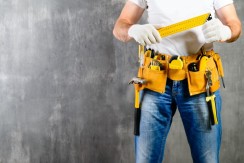
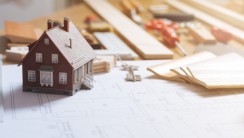
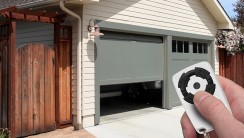
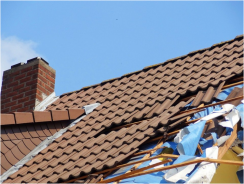





Author
Homesgofast com
Homesgofast.com is an international real estate portal and news source for Google news. Publishing international real estate, finance, homes and travel-related news and blogs for a targeted audience since 2002. Each news item is circulated to thousands of potential readers each day and is also available to the millions of people who sign up for Google news alerts. Find homes offered for sale and to rent direct from owners and some of the best real estate agents from over 35 countries